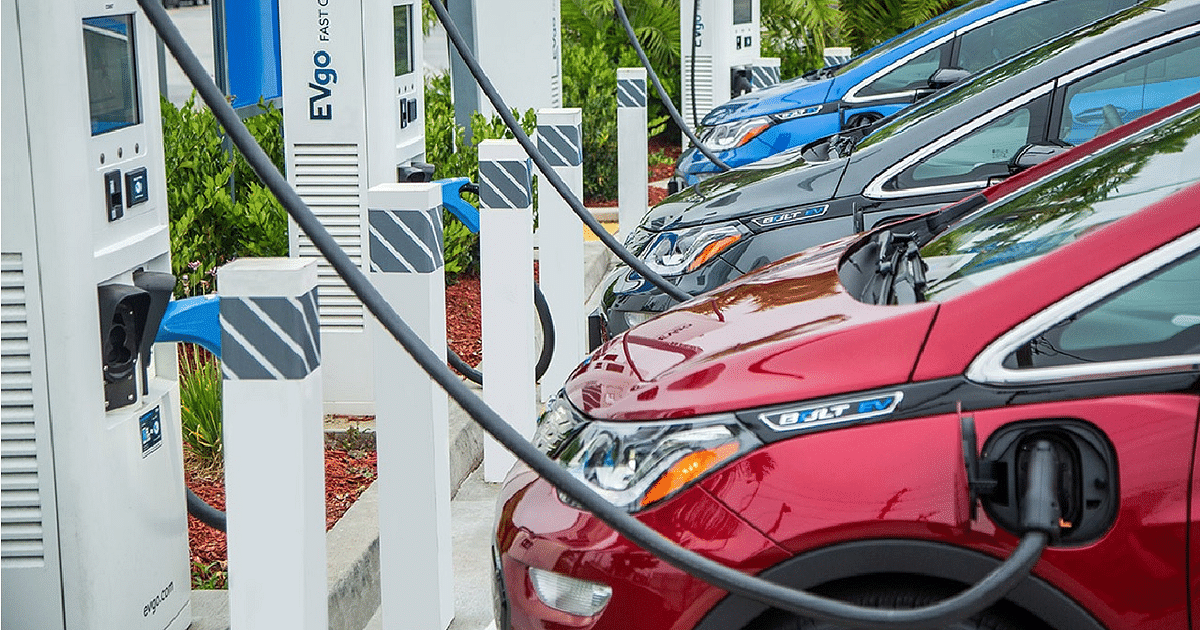New Delhi : Amidst the increasing demand for electric vehicles in India, emphasis is also being laid on setting up charging stations to charge its batteries. Meanwhile, there is also news that the Modi government at the Center has started preparing to make standard charging rules for electric vehicles. It is being told that the government has decided to take this step amid the increasing demand and popularity of electric vehicles in the country. According to media reports, stakeholders in the electric vehicle industry had expressed concern to the government over the lack of uniformity in charging infrastructure in India. They say that due to lack of uniformity in the charging structure, the electric vehicle sector is facing a lot of difficulties.
Standard will be made for electric vehicles
A top official said that this step of the government aims to set a uniform standard in the electric vehicle industry. In the proposal prepared by the government, it has been said that uniform charging standards will be made for all types of electric vehicles in India. The second option is to prepare two standards, one for two-wheelers and three-wheelers and the other for four-wheelers. The official said that most people are insisting on the second option.
After making new rules, EV batteries can be charged anywhere
According to a news from Business Standard, by implementing the universal charging standard, people will be able to charge their electric vehicles at any available charging station anywhere in the country. Currently, due to different charging standards, EVs can be charged only at charging stations that fit their make.
How is the battery charged in India at present?
According to the Bureau of Energy Efficiency (BEE), two categories of alternating current (AC) are used in India. One of these is Bharat S-001 and the other is Type-1 AC. Along with these, three direct current (DC) (fast chargers) Bharat DC-001, Charge the Move and Combined Charging System (System-2) are also used. BEE is a government agency working under the Ministry of Power. All these chargers are quite different from each other. In other words, the Bharat DC-001 charger cannot charge electric vehicles equipped with the CCS-2 charging system.
Problem in charging two-wheelers and three-wheelers
It has been told in the news that both the methods of charging the batteries of electric vehicles have the same charging. There is some similarity in charging four wheelers, but the situation is quite different in two-wheeler and three-wheeler segments. In these segments, OEMs are free to create charging designs of their choice, but for this they have to comply with the energy standards set by the government. Most electric two-wheelers and three-wheelers use AC charging. These AC charging is regulated under IS 17017 standard.
OEM seeking approval for different connector standards
In view of the increasing number of two-wheelers and three-wheelers in India, OEMs are seeking approval from BIS for their own connector standards, but the government is worried that allowing all manufacturers will create confusion and chaos in the market. Can. On October 18, Ather Energy announced that its initial integrated AC and DC connector has received BIS approval and can be adopted by other OEMs. Public charging stations providing charging services for two-wheelers and three-wheelers have charging sockets with different outputs. People have to carry portable chargers with them, which work according to the charging socket in the vehicles.

